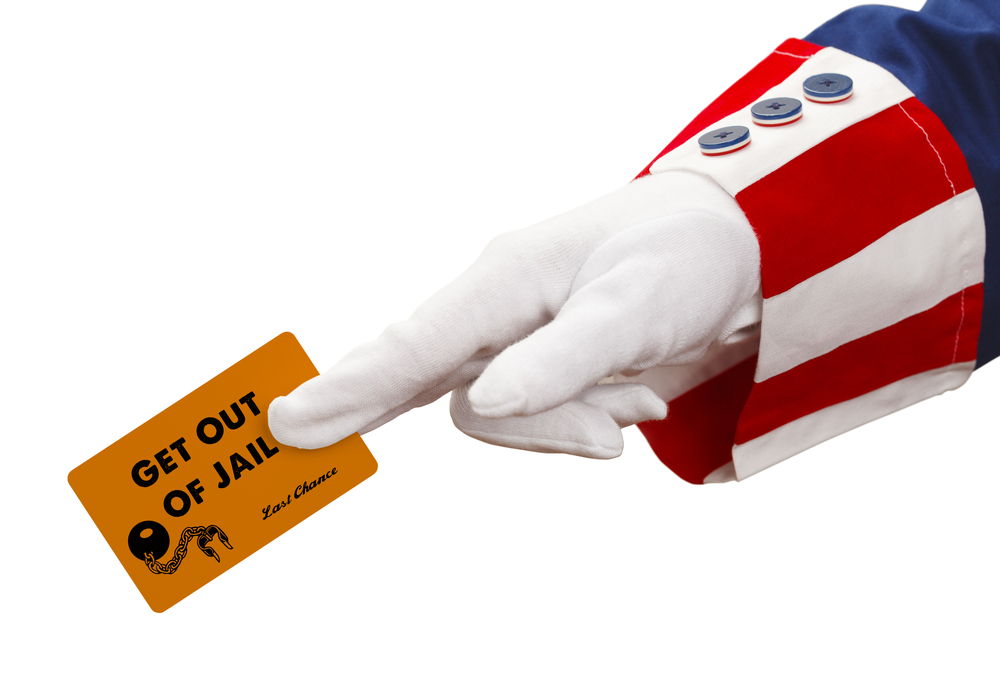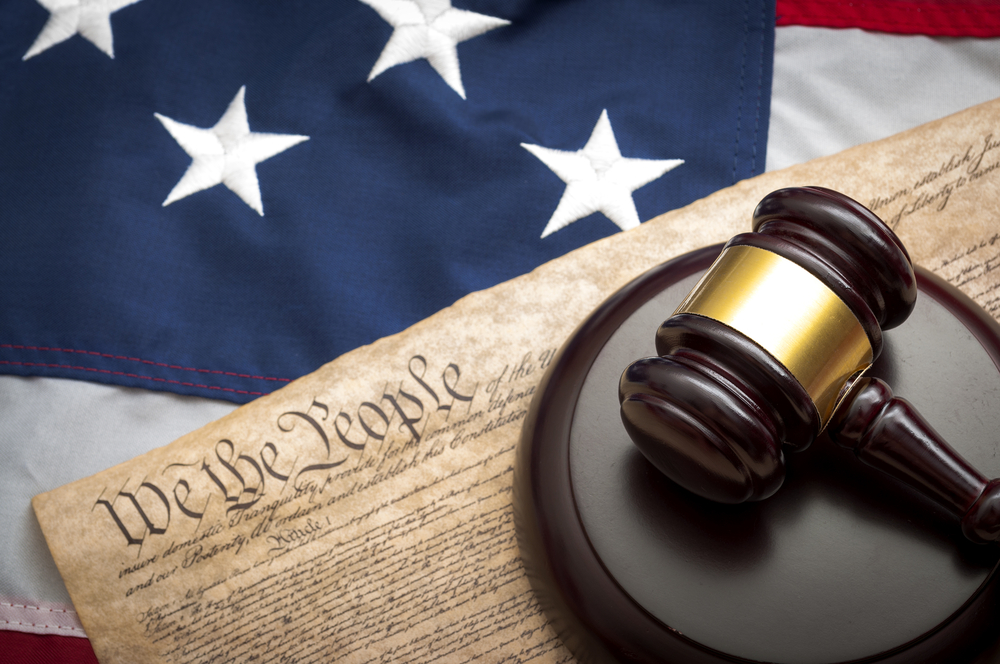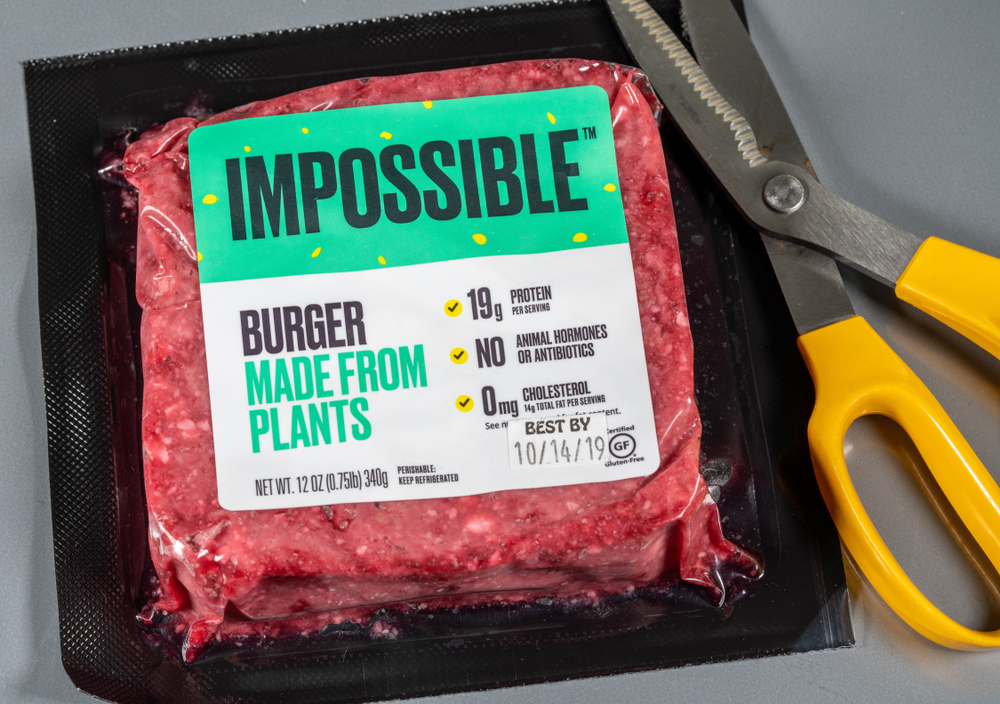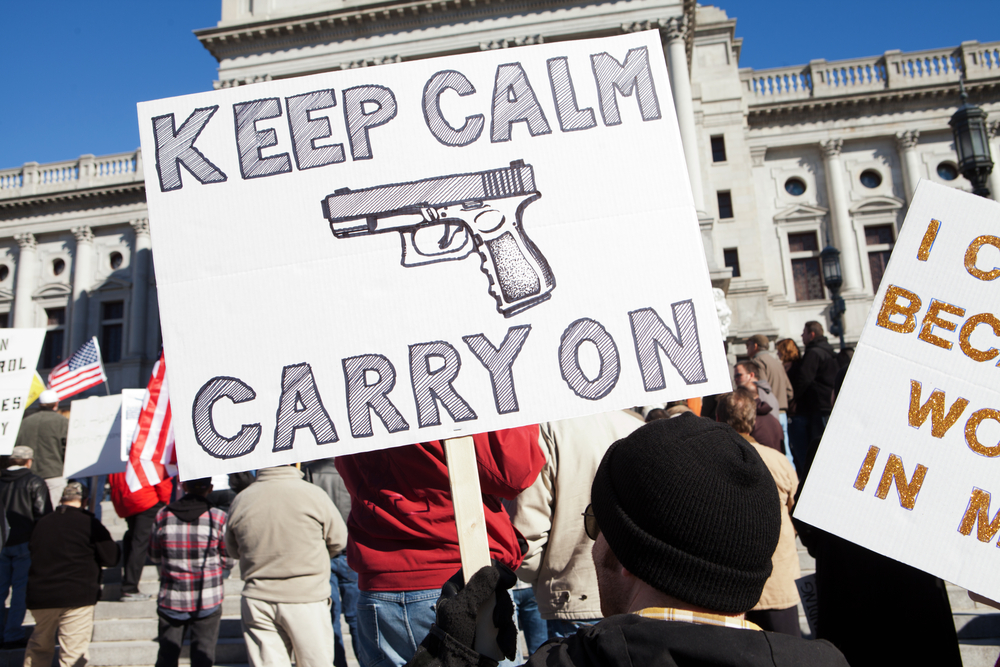The Presidential Pardon was back in the news recently with reports that Wikileaks founder Julian Assange had been offered a presidential pardon in exchange for providing evidence Russia was not involved with hacking emails from the Democratic National Committee. Those emails were leaked during the 2016 presidential campaign.
It’s another in a string of pardon headline-grabbers in the administration of President Donald Trump. From his pardon of Maricopa, AZ Sheriff Joe Arpaio to his commutation of the sentence of political prankster and longtime friend Roger Stone, Trump has made news with nearly every one of his 38 pardons and commutations.
A pardon forgives people of the crimes they have committed. It’s as if the conviction never happened and their full rights are restored. A commutation just reduces or eliminates a prison sentence, but the conviction still stands.
In either case, all the attention Trump has received for his 27 pardons and 11 commutations thus far does not mean he’s granting clemency at some unprecedented rate.Plenty of presidents have granted far more pardons than Trump. It’s the way Trump has granted pardons, and to whom, that has raised eyebrows.
RELATED: Ginsburg leaves legacy of fighting for equality
RELATED: Voting safety a concern as November looms large
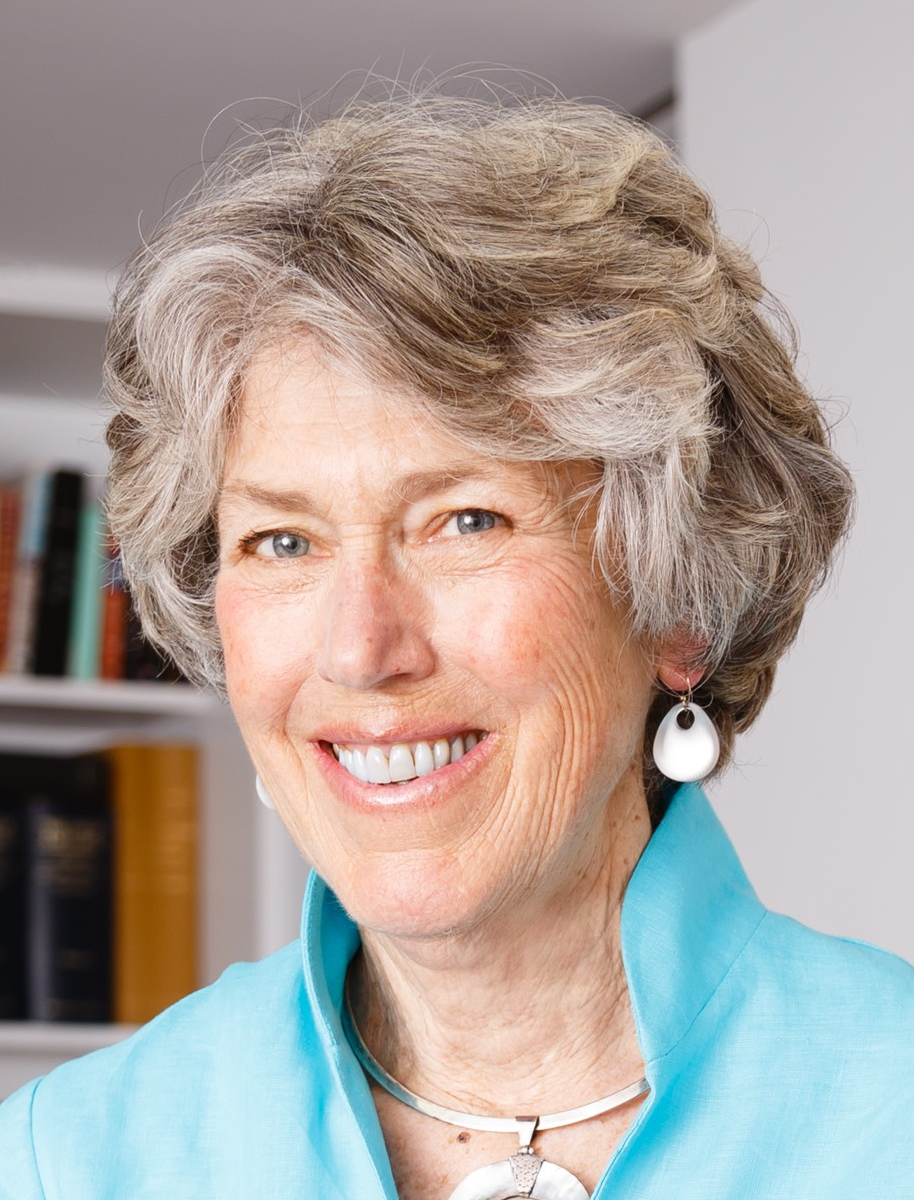
“What he has done, that is so unusual, which none of his predecessors going back to the Civil War have done, is to completely cast aside the advisory system that was set up under President Lincoln to help the president use the pardon power,” explained Margaret Love, who served as U.S. Pardon Attorney from 1990 to 1997. “This president, he has used pardons as a kind of a personal plaything and he has ignored the Justice Department. And, for that, ordinary people who want to apply for a pardon, who have in the past been able to do so and be fairly considered, may no longer do so. That is what is different about this president.”
Love said what is unprecedented here is that Trump is skipping the pardon process altogether and is issuing pardons only to people he knows, people he has heard about, and not people who have specifically petitioned through the pardoning process.
A little presidential pardon history may be in order here. While it may seem that giving the president unlimited authority to pardon anyone without explanation sounds more like a monarchy than a democracy, Alexander Hamilton argued strongly for giving it a shot in Federalist 74. Hamilton had two reasons. One, Hamilton wrote that “without an easy access to exceptions,” justice would lack compassion. Second, Hamilton said “the tranquility of the commonwealth” could be restored by “well-timed” pardons to rebels during rebellions and insurrections. In fact, the first pardons were issued by George Washington during the Whiskey Rebellion. They went to farmers who challenged the government’s right to tax whiskey.
Over the years, the presidential pardon was pretty much used as intended – to help ordinary folks whose punishment was deemed too cruel, and to help the country by healing wounds of disagreement. During the Civil War, Abraham Lincoln granted lots and lots of pardons and was considered an easy touch. That may have been because he met with a lot of the pardon-seekers and their families at the White house.
The pardon process at this time began to change and become part of the Justice Department. The idea was to take some of the pardon burden off the president’s shoulders. The president still said yes or no but the Clerk of Pardons and, later, the Pardon Attorney, did all the vetting.
The process went through a lot of changes but did provide pardon access to everyday Americans, despite some pretty glaring examples of White House access giving certain people a leg up. Bill Clinton’s last-minute pardon of Marc Rich is an example some cite. But, the 45th President has made the latter the rule, not the exception.
“Recent presidents of both political parties have usually, with some high-profile exceptions, used clemency to commute sentences or issue pardons to offenders that they don’t know and do not have an obvious connection to,” said Jeffrey Crouch of American University, a leading expert on presidential pardons. “Presidents who use clemency to help out their friends or associates are abusing clemency, in my opinion.”

Crouch said the way the presidential pardon is being applied in the Trump era does not reflect the original purpose set up by the founders.
“They wanted presidents to use clemency to show mercy or serve the public welfare, Crouch said. “I doubt they would be pleased with a president who uses clemency to assist celebrities, his friends and his supporters. Still, unlike several of his recent predecessors, President Trump is at least making his controversial clemency decisions at a time when he is still accountable at the ballot box.”
According to former Pardon Attorney Love, the pardon process for everyone else has ground to a halt under Trump.
“It doesn’t exist anymore,” Love said. “Hopefully this is coming to an end. So, if we get a new president, we’ll have to review and see if he wants to start it up again or not. And, if he doesn’t, that’s fine. And I wouldn’t blame him. But, then he’s got to figure out some way to substitute for the function that the pardon program has played over the years. The whole process is so backlogged at this point that I think that there’s almost no percentage in trying to salvage it.”
Love is a strong advocate for the pardon and commutation process. But, she said, the past four years show the whole process needs some legislative focus so all Americans can benefit from the power of the pardon.
“So, what I would focus on is to decide what you want a pardon power to do and then go and pass a law to make it happen like that, Love said.
“If you want to restore rights and opportunities to people with a criminal record then go pass a law to do it. Decide where the power ought to be – probably in the courts – and do that, and let the president do whatever he wants. Let him use it as a personal plaything the way this president has because it won’t matter after that.”

